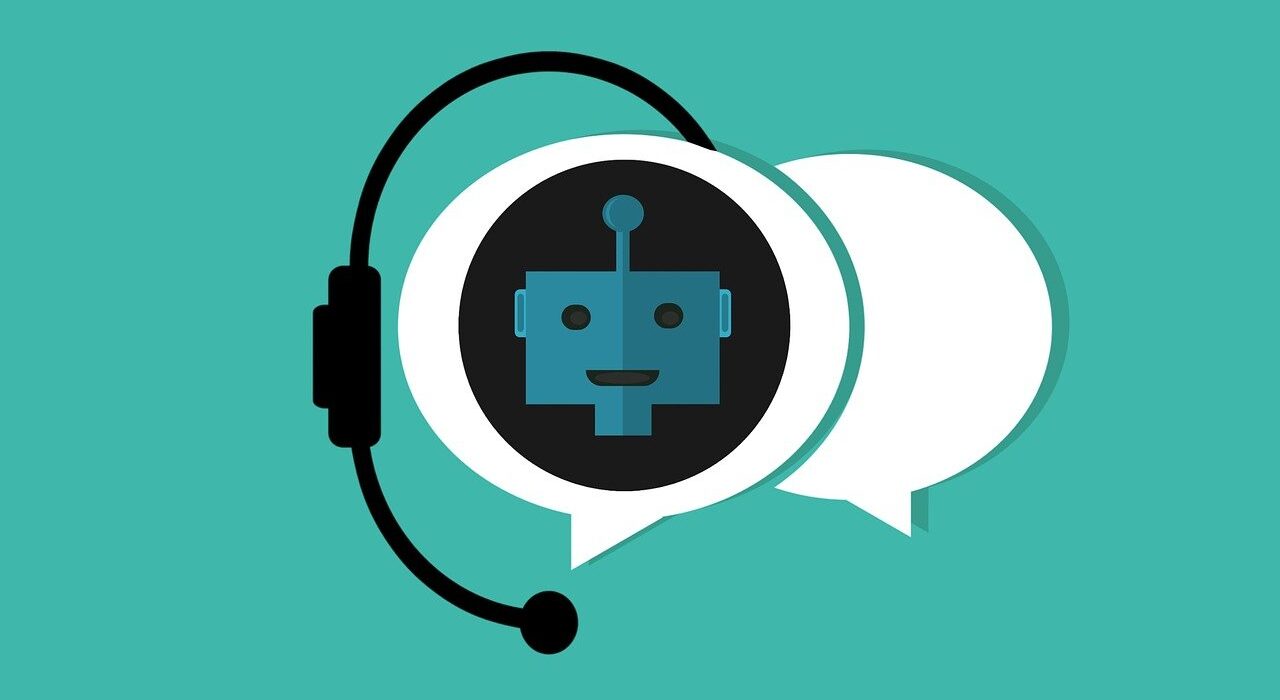In recent years, Artificial Intelligence (AI) has made significant strides in transforming the healthcare industry. One prominent application of AI in healthcare is the use of AI-powered chatbots. These intelligent virtual assistants are revolutionizing the way patients and healthcare providers interact, offering personalized support, timely information, and streamlined communication. This article explores the concept of AI-powered chatbots, their benefits, and their diverse applications in the healthcare sector.
Understanding AI-Powered Chatbots:
AI-powered chatbots are advanced software programs that leverage natural language processing (NLP) and machine learning algorithms to simulate human-like conversations with users. These chatbots can understand and interpret user queries, provide relevant information, and engage in interactive dialogue. Through continuous learning and data analysis, they enhance their knowledge base and improve their ability to deliver accurate and contextually relevant responses.
Applications of AI-Powered Chatbots in Healthcare:
- Patient Support and Education: AI-powered chatbots serve as virtual healthcare assistants, providing patients with instant access to information regarding symptoms, diseases, medications, and treatment options. They can answer common queries, offer personalized health recommendations, and provide educational resources, empowering patients to make informed decisions about their well-being.
- Appointment Scheduling and Reminders: Chatbots facilitate seamless appointment scheduling by allowing patients to book or reschedule appointments directly through chat interfaces. They can send automated reminders to patients, reducing no-show rates and optimizing healthcare provider schedules.
- Symptom Assessment and Triage: Chatbots equipped with medical knowledge can perform initial symptom assessments, guiding patients towards appropriate care pathways. By asking relevant questions, chatbots can triage patients, providing recommendations based on the severity of their symptoms and directing them to the most suitable healthcare services.
- Medication Management: AI-powered chatbots can assist patients in managing their medications. They can send reminders for medication intake, provide information on dosage and potential side effects, and offer insights into drug interactions or contraindications.
- Mental Health Support: Chatbots have proven particularly valuable in the field of mental health. They can engage in empathetic conversations, provide emotional support, and deliver coping strategies for anxiety, stress, or depression. Chatbots offer a confidential and non-judgmental platform for individuals to express their concerns and seek guidance.
Benefits of AI-Powered Chatbots in Healthcare:
- Enhanced Accessibility: Chatbots provide immediate and round-the-clock access to healthcare information and support, bridging gaps in time and geography. Patients can seek guidance at their convenience, reducing the need for unnecessary emergency room visits or phone calls to healthcare providers.
- Personalized Patient Experience: AI-powered chatbots can deliver tailored responses based on individual patient profiles and medical histories. By considering context and personal preferences, chatbots provide personalized recommendations, improving the patient experience and satisfaction.
- Efficient Resource Utilization: Chatbots assist healthcare providers by handling routine inquiries and administrative tasks, freeing up valuable staff time. This enables healthcare professionals to focus on more complex cases, improving efficiency and optimizing resource allocation.
- Continuous Learning and Improvement: AI-powered chatbots learn from every interaction, continuously expanding their knowledge base and refining their responses. As they analyze data patterns and user feedback, they become more accurate, reliable, and capable of handling increasingly complex queries.
Challenges and Future Developments:
While AI-powered chatbots offer immense potential, challenges such as ensuring data privacy, maintaining ethical standards, and addressing limitations in understanding complex medical conditions remain. However, advancements in AI and NLP technologies hold promise for more sophisticated and context-aware chatbot systems in the future, enabling more accurate diagnoses, personalized treatment plans, and enhanced patient engagement.
Conclusion:
AI-powered chatbots are transforming healthcare interactions, providing patients with instant access to information, personalized support, and streamlined communication. These intelligent virtual assistants offer numerous benefits, including enhanced accessibility, personalized patient experiences, efficient resource utilization, and continuous learning. By automating routine tasks and providing timely and accurate information, chatbots empower patients to take an active role in managing their health and well-being.
While challenges in data privacy, ethics, and understanding complex medical conditions persist, advancements in AI and NLP technologies are paving the way for more sophisticated chatbot systems. Future developments may include more accurate diagnoses, personalized treatment plans, and enhanced patient engagement. As the healthcare industry continues to evolve, AI-powered chatbots will play an increasingly vital role in improving patient experiences, optimizing healthcare workflows, and transforming the way healthcare is delivered.
Ultimately, the integration of AI-powered chatbots in healthcare holds immense potential to revolutionize patient care, making healthcare more accessible, efficient, and patient-centric. By harnessing the power of AI, healthcare providers can create meaningful connections with patients, provide personalized support, and empower individuals to make informed decisions about their health. As technology continues to advance, AI-powered chatbots will undoubtedly remain at the forefront of innovation in healthcare, shaping the future of patient-provider interactions.





